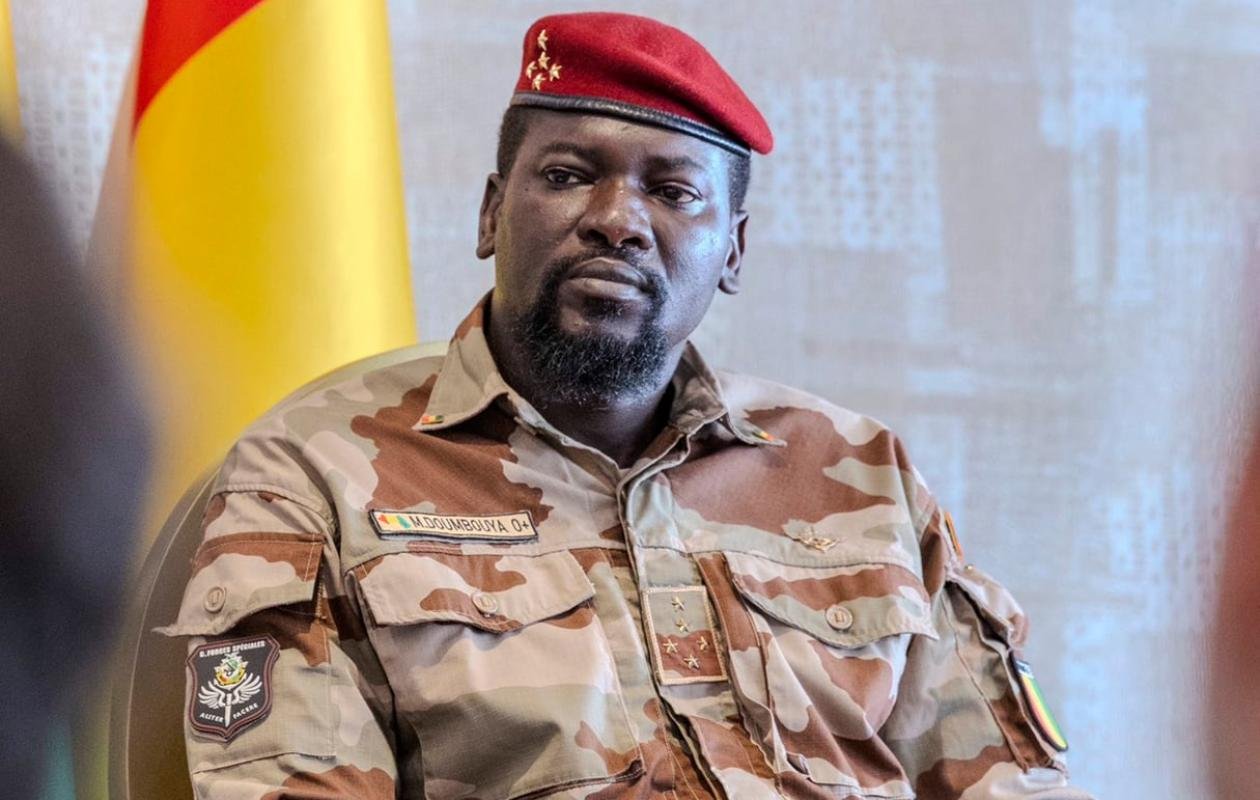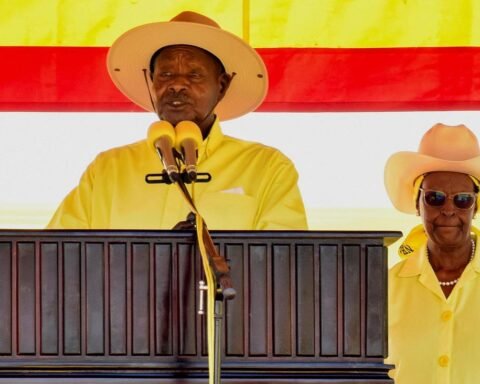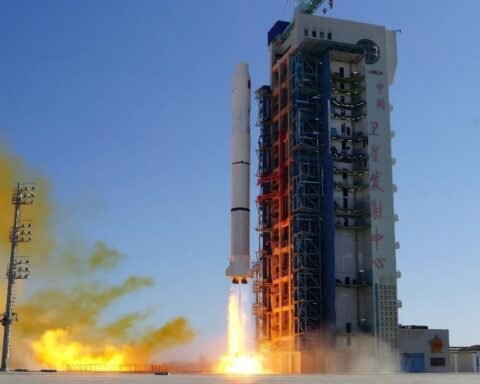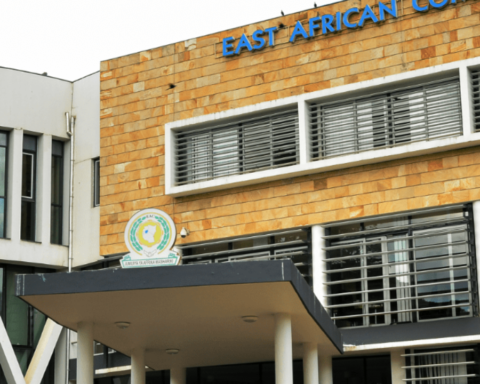The approved candidates include Makalé Camara, Ibrahima Abé Sylla, Faya Lansana Millimouno, Abdoulaye Kourouma, Mohamed Nabé, Bouna Keïta, and Mohamed Chérif Tounkara, alongside Doumbouya. Analysts note that the exclusion of established opposition leaders could influence the competitiveness of the election.
High-profile figures such as Lansana Kouyaté and Ousmane Kaba were barred due to technicalities. The court cited strict verification procedures, including medical checks and the order of submission of candidacy files, as grounds for approval.
Also Read:Tanzania Committed to Democracy, Adapts to National Context
Doumbouya’s candidacy follows a September referendum that approved a new constitution, extending the presidential term to seven years and allowing independent, including military-affiliated, candidates to run. Critics argue that these changes favor Doumbouya and undermine democratic checks and balances.
Several international organizations and think tanks have commented on Guinea’s electoral process. The Africa Center highlighted that the constitutional changes could consolidate Doumbouya’s power, giving the president significant influence over the legislature.
Civil society observers reported that media restrictions have limited opposition visibility, raising concerns about fairness.
Modern Diplomacy emphasized Guinea’s mineral wealth and noted that Doumbouya’s election could have both domestic and international economic implications.
Regional observers, including ECOWAS, expressed concern about missed transition deadlines and the credibility of the election process. United Nations reports indicate civil society mistrust toward the transitional authorities.
Political analysts warn that the December election could significantly shape Guinea’s future. Doumbouya’s candidacy, if successful, may consolidate his authority under the appearance of a democratic process. Observers are concerned about transparency, the fairness of the electoral process, and the marginalization of opposition voices.
Additionally, control over Guinea’s rich mineral resources gives the election regional and global economic importance.







